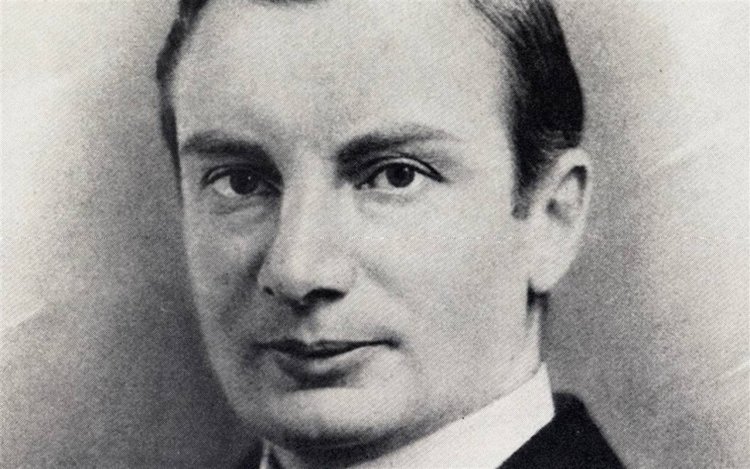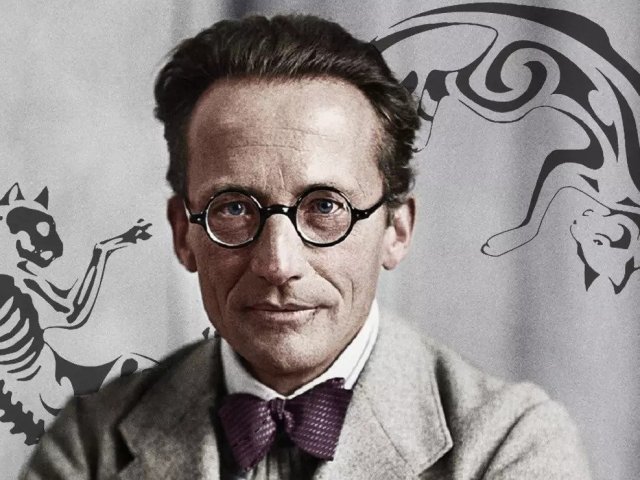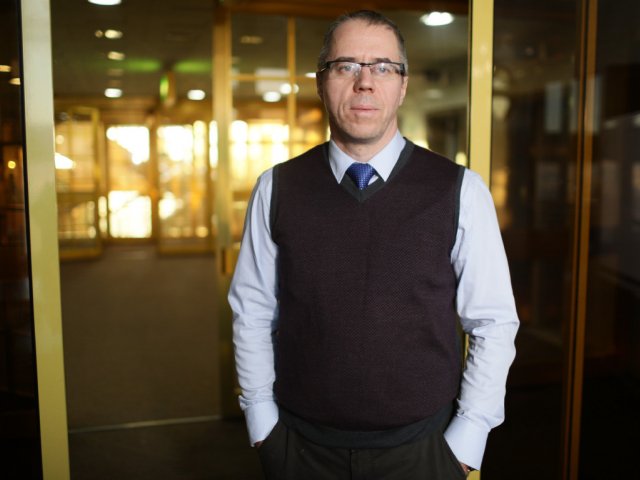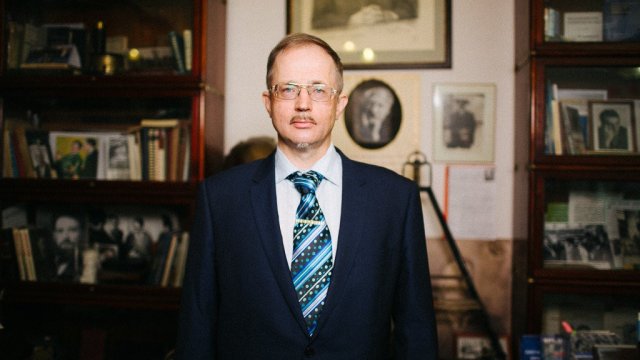Official:
Vladimir Aronovich Khavkin (also known as Waldemar Mordechai Wolff Haffkine). 3 (15) March 1860 – 26 October 1930. Bacteriologist, immunologist and epidemiologist. Creator of the first anti-plague and anti-cholera vaccines.
Life and Work:
1. The British sources add the title of sir to Haffkine’s name and it is justified as queen Victoria awarded the scientist with the Order of the Indian Empire, which entitled him to knighthood. Sir Joseph Lister who was an outstanding scientist himself named Vladimir Khavkin the savior of the mankind and it is also justified as he created vaccines against cholera and plague and saved millions of lives.
2. Chekhov highly praised Khavkin’s scientific exploit: “The plague is not very scary anymore,” Anton Pavlovich wrote. “We already have effective jabs, for which by the way we owe the Russian doctor Khavkin. It is the most unknown person in Russia but he is long named the great philanthropist in England.”
3. The savior of the mankind and the great philanthropist was born into a poor Jewish family. The future bacteriologist’s father taught at the State Jewish School in Odesa but his earnings were so small that the family with five children departed in search of a better life for Berdiansk. There, Vladimir who was born Mordechai Wolff finished the gymnasium.
4. In Odesa, Khavkin was admitted to Novorossiysky University where he studied under the great Ilya Mechnikov and under overt police supervision. The student was arrested three times but released as the police found no involvement in acts of terror on his part because the future scientist did not approve of terror.
5. The university graduate Khavkin wanted to carry out research but the Jew was not allowed it and Vladimir Aronovich did not want to convert to Orthodox Christianity. Khavkin went abroad after and with the help of his teacher Mechnikov.
6. In Paris, the Pasteur Institute could offer him only the position of a library assistant. But soon, fortunately for the mankind, Khavkin started his research. He was focused on the practical bacteriology as the world suffered from epidemics of cholera and plague and there were no vaccines against deadly diseases.
7. On 18 July 1892, out of the eye of other institute employees, Khavkin jabbed himself with an attenuated anti-cholera vaccine. In six days, he injected another one, stronger this time. Following his lead, three volunteers from the Russian political refugees, members of the Narodnaya Volya movement, got vaccinated. The news outlets were exulted while the academic community was still skeptical.
8. Great Britain, however, had trust in the scientist. The British government allowed Khavkin to test his vaccine in India ravaged by cholera back then. In early 1893, the state bacteriologist Khavkin went to India where he set up vaccine production and personally took part in vaccination.
9. It is remembered that Khavkin convinced locals that vaccination was necessary through personal example as he unbuttoned his shirt and jabbed himself with the vaccine. This way, thousands and thousands of lives were saved.
10. In October 1896, the Indian city of Bombay was struck by an epidemic of bubonic plague. The government approached Khavkin again and he started vaccine development. At a makeshift laboratory, without sleep and rest, on the verge of a nervous breakdown, Khavkin and his assistants spent three months to create a vaccine. On 10 January 1897, the scientist tested it himself.
11. The anti-plague laboratory set up by Khavkin provided the basis for The Haffkine Institute for Training, Research and Testing, or the Haffkine Institute in Russian, currently the largest research center for biomedical sciences in South and Southeast Asia.
12. In 1902, nineteen villagers in India inoculated with the vaccine from the same bottle died of tetanus. Khavkin faced charges, and he was relieved of his position and had to return to England. This story was unofficially branded the Little Dreyfus affair as a reminder of Khavkin’s Jewish background and religion. Later, it was discovered that an assistant used a dirty bottle cap without sterilizing it.
13. During the World War I, Khavkin directed vaccination of the British soldiers heading off to war.
14. In 1927, Khavkin visited the Soviet Union and his native city of Odesa.
15. The great bacteriologist spent his last years of life in Lausanne. There, at the Jewish cemetery, he found his eternal rest. The single and childless scientist left CHF 1,568,852 (about USD 300,000) for the Eastern European Jewish Religious Educational Establishment Aid Fund. The scientist, however, insisted that they should teach natural sciences there.
16. Khavkin’s vast scientific archives are kept at the Jewish University in Jerusalem. In commemoration of the great philanthropist, Haffkine Park was planted in Jerusalem.






















